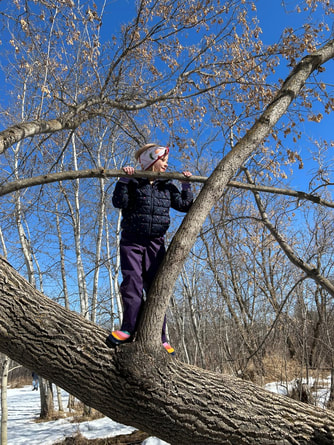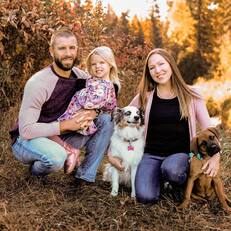|
We’ve all been there. Our child is about to engage is risky play and before we can even stop ourselves the words “be careful” fall out of our mouth. We might not think it is a big deal but the more we say these words to our children the more they begin to feel like we do not trust them to make good decisions and they begin to question themselves. It can be difficult as a parent to watch your child engage in risky play but if we want to keep our children safe we need to let them take risks.
Many experts agree that risky play, particularly outdoor risky play, helps build confident, resilient children. Risky play provides the foundation needed to regulate emotional responses such as fear, nervousness and anger. It gives children an opportunity to adapt to new situations and explore new environments while fostering a love of being active. The elements of outdoor unstructured outdoor play are crucial to childhood development but unfortunately kids are exposed to this kind of play less and less. In her Ted Talk, Judy Klein explains that "Without free and risky play, kids’ sensory, motor and balance systems may not develop properly and they may not develop the confidence, resilience and problem-solving skills they need to thrive in their later years. The epidemic of anxiety in our adolescents, as well as extreme risk-taking in these vulnerable years, may also be related to the decline of risky outdoor play in early childhood." So where can you start if you are not used to allowing your child engage in risky play? Get outside. Go on a nature walk with no agenda or end goal in mind. Allow you child explore, climb trees, balance on rocks and branches and resist the urge to tell them to be careful and try these phrases instead:
0 Comments
Leave a Reply. |
Archives
May 2023
|


 RSS Feed
RSS Feed